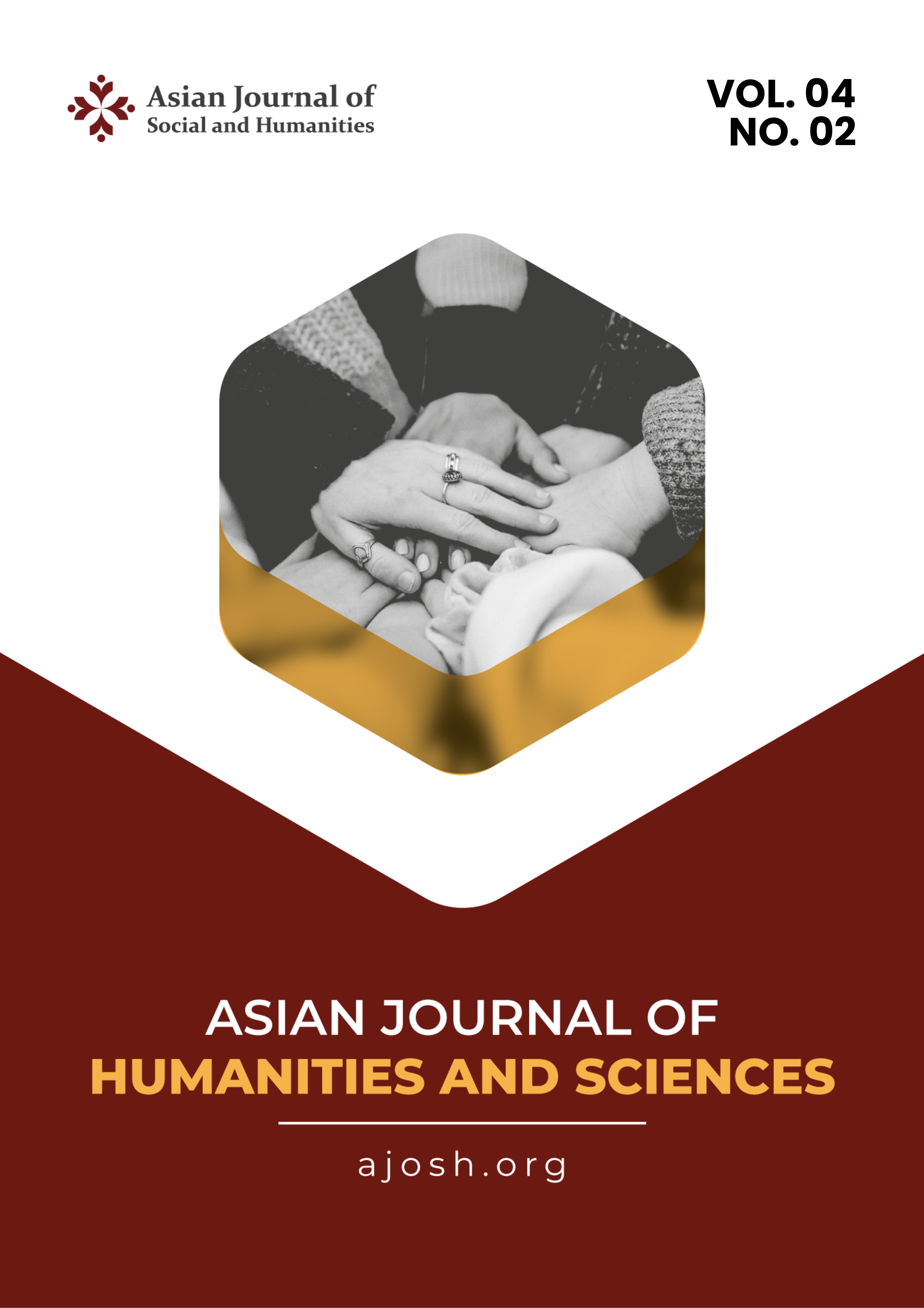Women's Empowerment through Independent Agricultural Programs in Villages: A Case Study of PT Pertamina EP Asset 2 Adera Field and the "PERMATA" Program in Pengabuan Village
DOI:
https://doi.org/10.59888/4zt41h76Keywords:
women; empowerment; collaborationAbstract
This study aims to examine the implementation of women's empowerment programs in the context of upstream oil and gas corporations and rural communities, with a case study at PT Pertamina EP Adera Field through the "Resilient Village Independent Agriculture (PERMATA)" program in Pengabuan Village, Penukal Abab Lematang Ilir (PALI) Regency, South Sumatra Province. PT Pertamina EP Adera, which was established as an oil and gas exploitation and production unit in the Abab, Dewa, Raja, and Benuang Structure working areas, recorded an average production of 2,184.74 BOPD of oil and 9.33 MMSCFD of gas in the January–June 2024 period. Through the PERMATA program, women in the village received skills training, production facilities, and access to raw materials to develop agricultural and herbal product businesses. The program results showed a Community Satisfaction Index (IKM) of 3.77 (94.28%) with a very good category, as well as the preparation of a Social Return on Investment/SROI analysis that showed significant social, economic, and environmental contributions. However, there is an indicator of increased income with an IKM value of 2.82 (70.59%), which is still in the good category, indicating room for improvement in marketing and product quantity. This study also links program implementation to literature on women's empowerment in rural areas, which shows that social capital, transformational leadership, and access to resources and markets are crucial in strengthening the effectiveness of empowerment.
Downloads
Published
Issue
Section
License
Copyright (c) 2025 Leni Novianti, Anton Firmansyah, Sarion Masona, Adam Syukron Nasution, Zulham Hamidan Lubis

This work is licensed under a Creative Commons Attribution-ShareAlike 4.0 International License.
Authors who publish with this journal agree to the following terms:
- Authors retain copyright and grant the journal right of first publication with the work simultaneously licensed under a Creative Commons Attribution-ShareAlike 4.0 International. that allows others to share the work with an acknowledgement of the work's authorship and initial publication in this journal.
- Authors are able to enter into separate, additional contractual arrangements for the non-exclusive distribution of the journal's published version of the work (e.g., post it to an institutional repository or publish it in a book), with an acknowledgement of its initial publication in this journal.
- Authors are permitted and encouraged to post their work online (e.g., in institutional repositories or on their website) prior to and during the submission process, as it can lead to productive exchanges, as well as earlier and greater citation of published work.










